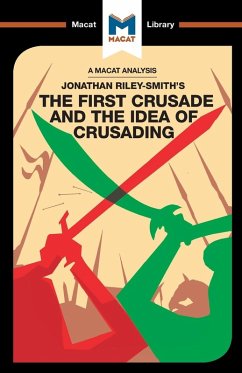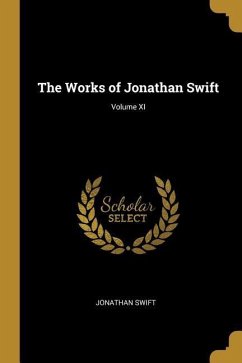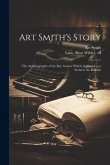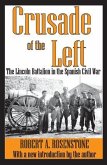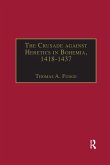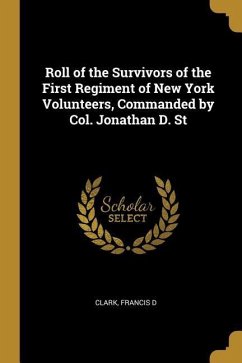Perhaps no work of history written in the 20th century has done more to undermine an existing consensus and cause its readers to re-evaluate their own preconceptions than has Jonathan Riley-Smith's revisionist account of the motives of the first crusaders. Riley-Smith's thesis - based on extensive original research and firmly rooted in his refusal to uncritically accept the evidence or reasoning of earlier historians - is that the majority of the men who travelled to the east on crusade in the years 1098-1100 were primarily motivated by faith. This finding, which ran directly counter to at least four centuries of consensus that other motives, not least greed for land, were more important, has helped to stimulate exciting reappraisals of the whole crusading movement. Riley-Smith backed it up with forensic examination of the key crusader-inspiring speech delivered by Pope Urban II, looking to clarify the meanings of five competing contemporary accounts in order to understand how an initially simple, and rather confused, appeal for help became a sophisticated rationale for the concept of 'just war.'
Hinweis: Dieser Artikel kann nur an eine deutsche Lieferadresse ausgeliefert werden.
Hinweis: Dieser Artikel kann nur an eine deutsche Lieferadresse ausgeliefert werden.

